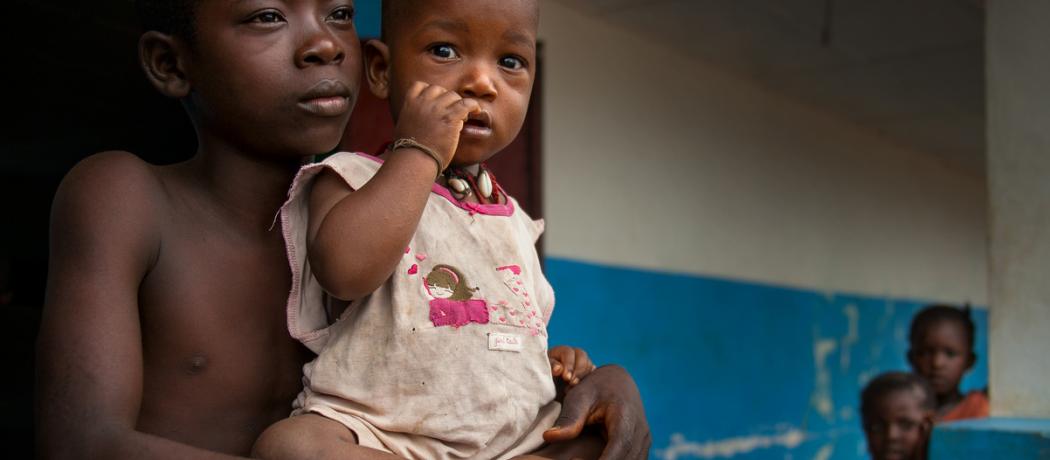I won’t bother you with statistics about how poor the people of Sierra Leone are. You can Google that and other statistics.
In a country where everybody is poor, we have to redefine poor. The definition we have chosen is blind in both eyes. For the specialists, we have defined bilateral blind as Hand Movements. In Sierra Leone it is estimated that 6% of people over 50 are blind. Again, this is a meaningless number because if you are blind in Sierra Leone your life expectancy is short. Think about it: if there is one pound of rice for a family of 10, and one child is blind, who will go hungry?
I am an ophthalmologist, recently retired. In 2011 my husband and I started working in Kamakwie, a village in northern Sierra Leone. Working conditions were the worst we had seen in Africa. From 2011 to 2016 we did the usual 2-week trips, through the Ebola crisis. We learned a lot, and we discovered that there are fully competent Sierra Leoneans trained to do eye surgery and eye treatment. These people were generally sitting in offices with no equipment, no medications, and above all, no management.
There were not enough patients. We concluded there were two reasons for this; first, blind people do not travel well. Ten miles through the jungle is about 3 days’ walking, sleeping under trees. Second, and more difficult to overcome, is the culture—blindness is inevitable, so what’s the use.
It became obvious that we could not succeed this way. It was put-up or shut-up. We decided to put-up by building a new facility, in a better location, in the town of Makeni.
Luckily, we had an acquaintance who had built a medical clinic of sorts in the jungle during the Blood Diamonds war. He wanted to build a better hospital in Sierra Leone.
We partnered up. Now we have a 48-bed general hospital and a fully equipped eye-care clinic and surgery, and a young, eager Sierra Leonean staff. And we have good air-conditioned accommodations and western food with African options.
What we lack is better, modern technical equipment, and the best techniques of treatment and surgery. We need help. We need pharmacists, we need optometrists, hospitalists, gynecologists, and diabetic nurses. In fact, any specialist willing to spend time training eager Sierra Leoneans.
If you can offer help, email me at dja@ivvc.ca.
—Annette D’Souza, MD
This blog post has been peer reviewed by the BCMJ Editorial Board.

